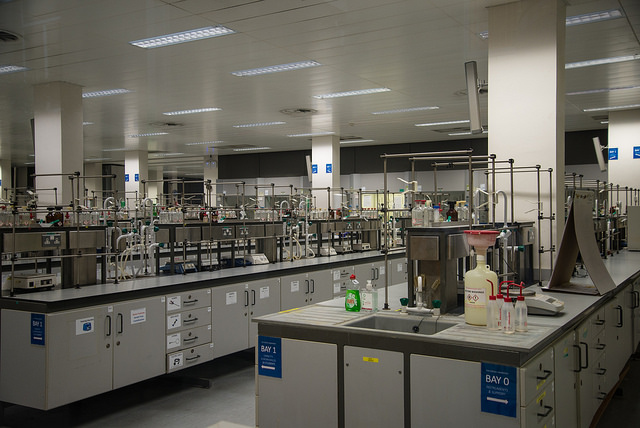The issue of animal testing for biomedical purposes within Trinity was dragged into the news again this week, following the release of figures by the Irish Independent showing that over 100,000 animals had been used in research since 2012.
These figures reveal little that many students and staff weren’t aware of before, but seeing as the dilemma posed by animal experimentation begs fundamental ethical questions, it’s a conversation always worth having. Regrettably, though, time and again we fail to properly engage with the real issues at the crux of this debate.
While the media debate surrounding animal harm inevitably sparks brief and sensationalist backlash, this outrage, directed towards easy-to-vilify targets, gets nobody anywhere. Momentary, self-righteous anger doesn’t equate to genuine engagement with the many questions surrounding the moral status of animals in our society. If we really want things to change, it will involve straightening out the glaring contradictions in our approach and confronting a mass of uncomfortable truths.
Exemplifying this public outrage was the case of Marius, the young giraffe killed at Copenhagen Zoo in February 2014. This incident ignited global outcry, so much so that, last year, when Bengt Holst of Copenhagen Zoo addressed ZooSoc, an animal rights group protested outside Trinity, demanding cancellation of the event.
The anger directed towards Holst was fierce, but it’s unclear precisely what aspect of Marius’s death generated such vitriol. After all, we uncontroversially kill animals all the time, whether it be for meat or pest control. While the news pieces about animal testing immediately drew casually scandalised reactions, nobody is reporting on how many animals pass through the gates of the college each year in order to be served up in the Buttery or the Dining Hall. Novelist John Banville, speaking on the radio about the recent testing figures, said “animals eat animals all the time, but we supposedly have risen above this and we certainly should not be inflicting needless pain on innocent animals”. It’s a fair point, but the underlying assumption that we have “risen above” animals who eat other animals couldn’t be further from the truth.
Some may argue that animals slaughtered for meat don’t necessarily undergo the same torturous treatment experienced by lab rats, making it an unfair comparison, but it’s undeniable that a huge percentage of farm animals endure horrific conditions, and suffer unnecessarily for our benefit. Many prominent thinkers and animal welfare advocates, such as Peter Singer, would in fact argue that while testing on animals for the purposes of advancing medicine is justified in the name of a greater good, eating them is not, because it’s not nearly as essential or urgent.
Nobody enjoys seeing animals get hurt. But it’s very easy to act scandalised about animal testing from afar, without delving deeper into the matter. The animals that undergo experimentation within Trinity do so for the purposes of research into diseases such as Alzheimer’s and arthritis, which are indisputably worthy causes. Whether the ends justify the means is, of course, a valid and important question. But this experimentation isn’t happening for no reason and it’s not out of step with our wider treatment of animals.
Animal suffering is built into the fabric of our society, and the vast majority of us are benefiting from it in one way or another, be it from eating meat, wearing leather or accepting medical treatment. Even keeping pets is up for debate, with many animal abolitionists challenging the morality of domestication and of having property rights over animals. We need to examine such ideas more rigorously, for, even within academic circles, the question of animals is often sidelined.
Opposing animal testing is a perfectly legitimate position, but it only holds weight when the wider context of society’s treatment of animals is addressed, and the relevant ethical questions seriously considered. As it stands, the outrage directed towards such experimentation is completely inconsistent, representing a form of hypocrisy we’re going to have to ditch if we truly want to make progress and reduce animal suffering.







